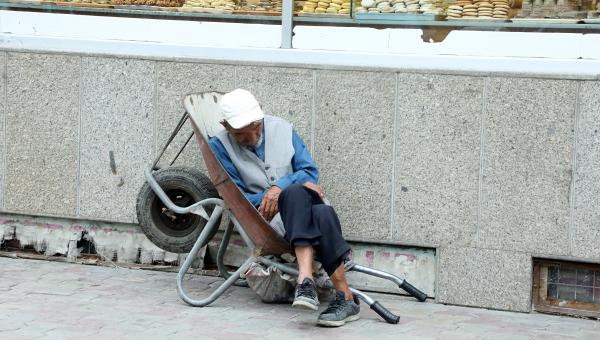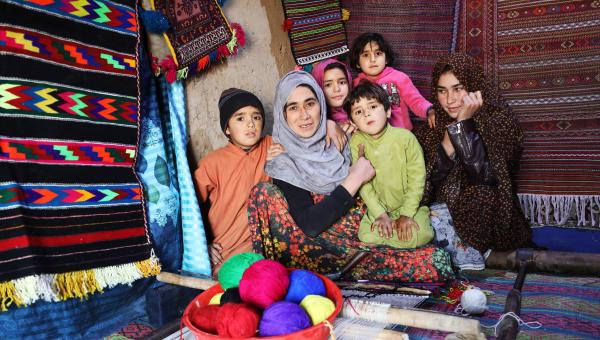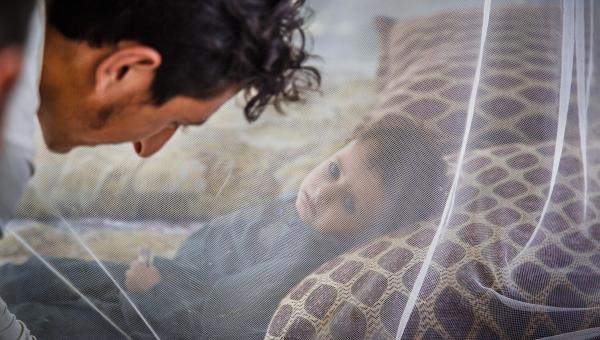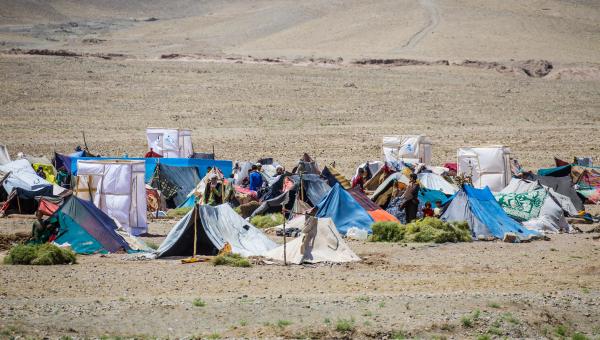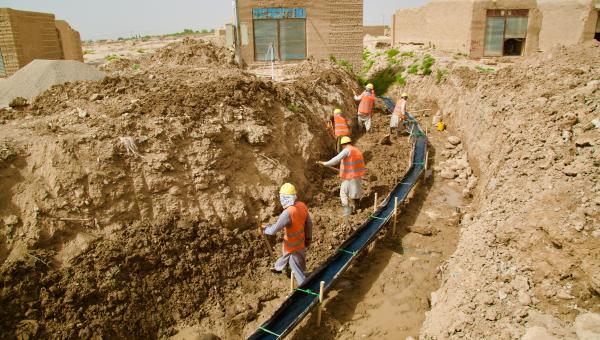Sustainable Energy Services for Education and Health in Afghanistan (SESEHA)
Overview
The project supports adoption of renewable energy and energy efficiency measures in public facilities (primarily in health and education sectors) for sustained delivery of essential services for basic human needs in Afghanistan. The project will be implemented initially in 18 provinces that are either not connected with grid or receive less than 6 hours of average supply of electricity that constraints the services of public facilities. Approx. 792 facilities will be targeted based on technical criteria for selection. Further, the following project interventions are considered in the identified facilities: a) supply of decentralised renewable energy-based electricity and energy efficiency measures in both education and health sectors and b) Support Operations & Maintenance (O&M) of decentralised renewable energy systems through appropriate service delivery models and capacity building/ training (e.g. private sector/gender inclusion).
Objectives
- To adopt renewable energy and energy efficiency measures in public facilities, especially in the health and education sectors, to provide essential services for meeting basic human needs in Afghanistan.
- To reduce dependence on imported fossil fuels and increase energy security and resilience for Afghanistan.
- To create employment opportunities, enhance productive capacities, and promote inclusive and sustainable growth for the Afghan people, especially women, youth, and other marginalized groups.
To align with the Strategic Framework for Afghanistan 2023-2025 and contribute to its outcomes of improving the quality of life and well-being of the Afghan people.
Major Achievements
- Provided renewable energy and energy efficiency solutions to 19 provinces that lacked reliable and affordable electricity, affecting the quality of essential services in public facilities.
- Targeted 792 public facilities, including 92 health facilities and 700 educational facilities, based on technical criteria, to install and maintain renewable energy systems.
- Completed 92 facilities in the first phase, comprising 40 health facilities and 52 educational facilities, ensuring the sustained delivery of health care and education services.
- The project was part of a larger initiative to support 976 health facilities across all 34 provinces with renewable energy solutions, contributing to the goals of the Strategic Framework for Afghanistan 2023-2025.
Related Materials
Impact
Relevant Content

 Locations
Locations
